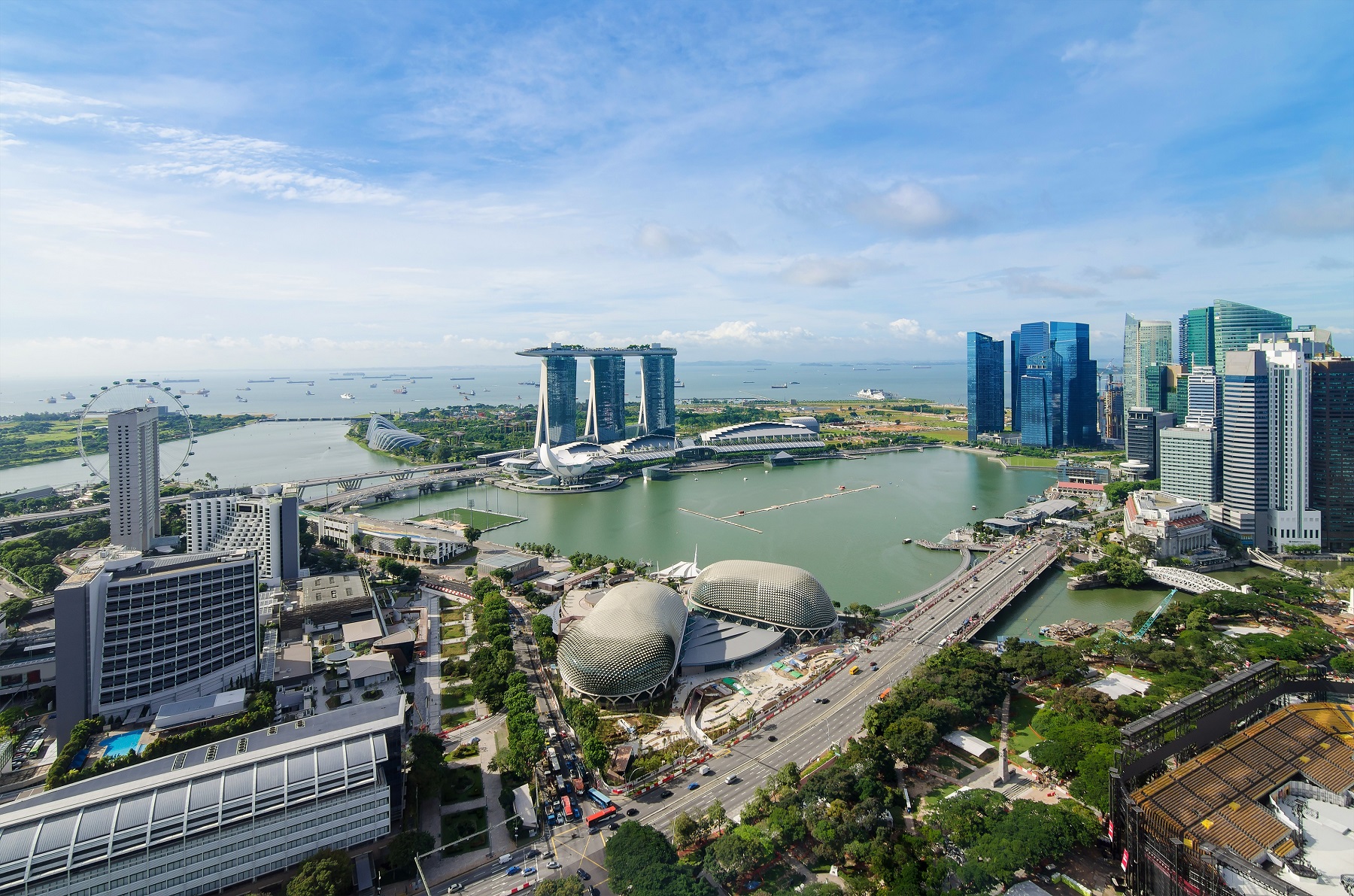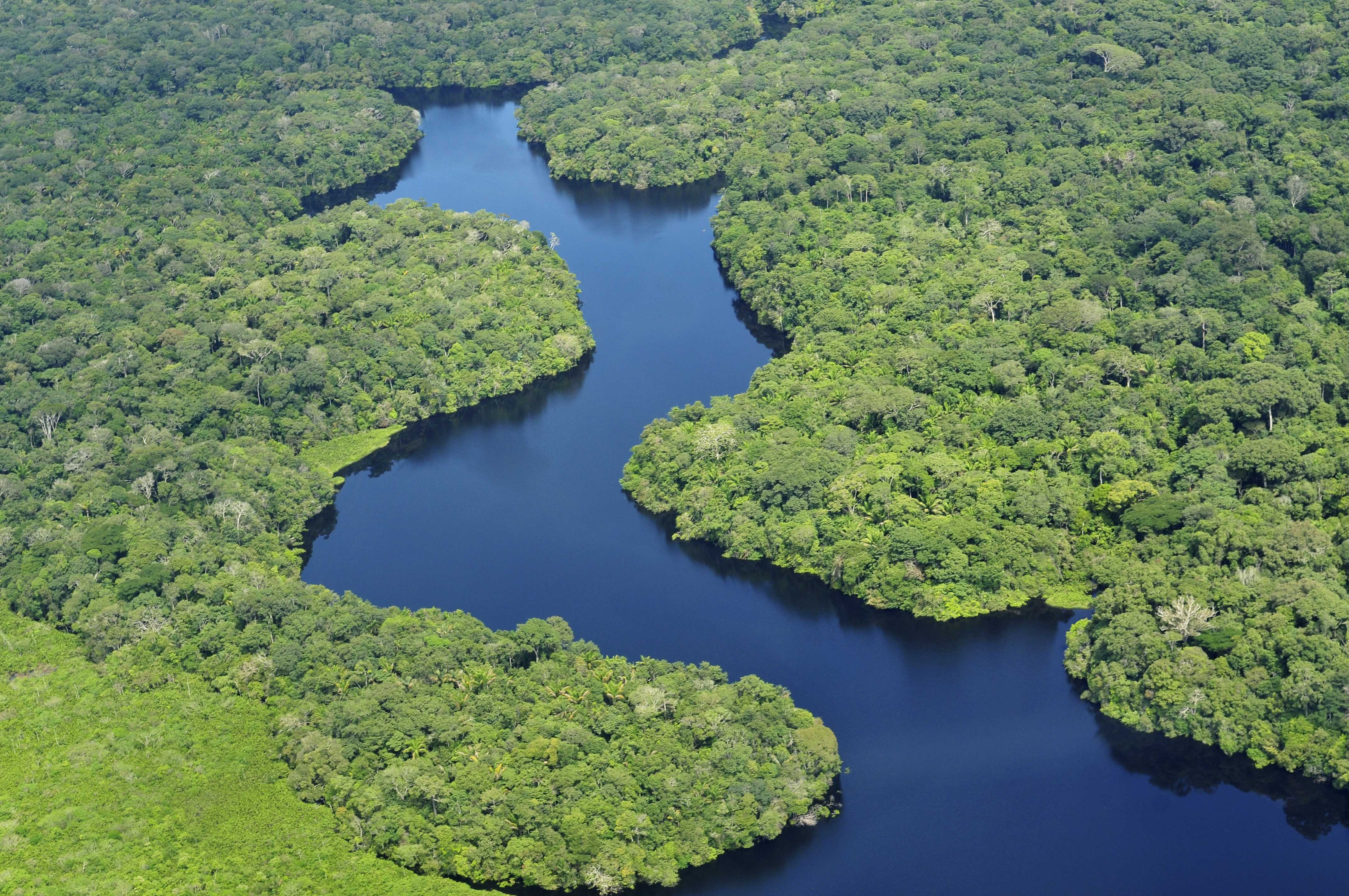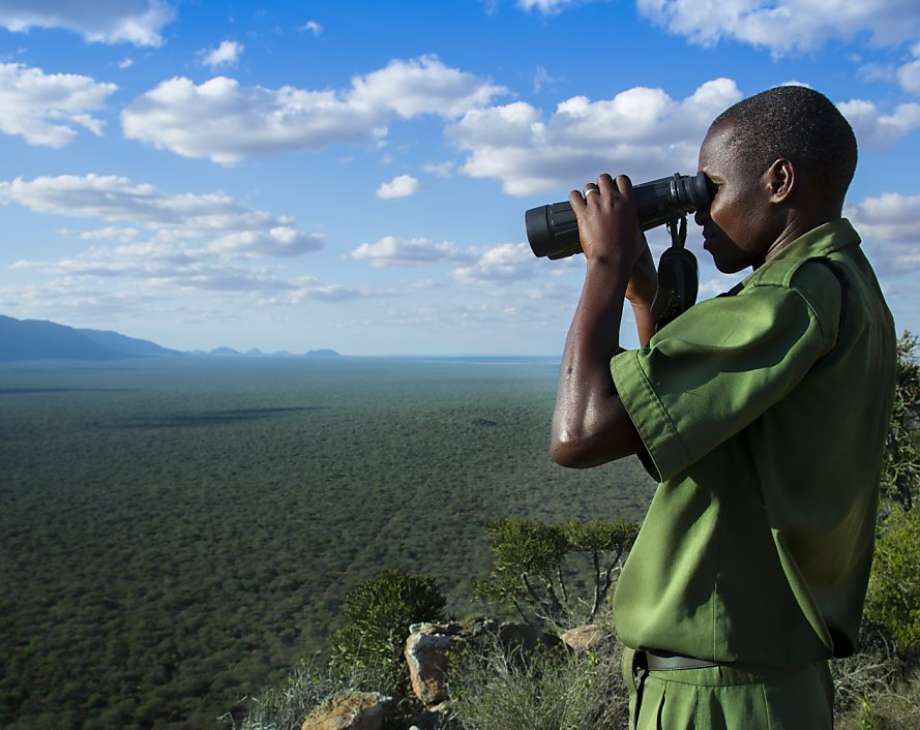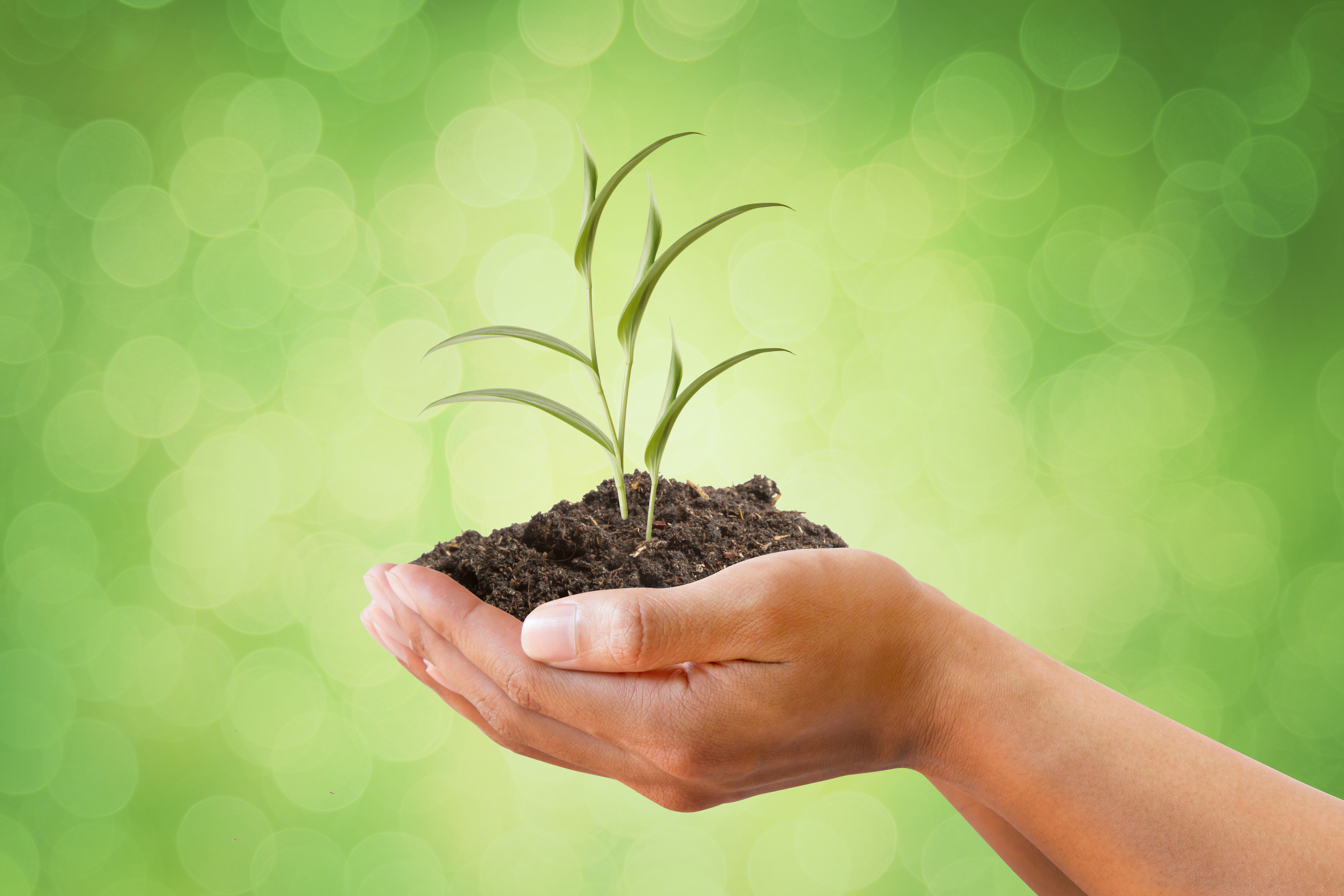FOR IMMEDIATE RELEASE
AlphaSource Advisors LLC with Global Assets and Wealth (GAW) Initiative and will Co-Chair the GAW Forum in Singapore
New York August 8, 2018 – AlphaSource Advisors, a leading Impact Investment Manager, has announced a partnership today with the Global Assets and Wealth Initiative (GAW) with Platinum Circle, the world's leading business group involving corporations with annual revenues exceeding USD100 million, governments and intergovernmental organisations from Asia, Oceania, North America, Europe, Middle East, Africa, Central and Latin America.
The GAW Initiative's objective is to drive greater collaboration and cooperation in building future economic, business and social wealth. Within it, AlphaSource Advisors is an expert voice on environmental and social impact investments and climate-smart supply chains for impact and sharing its insights through the GAW Initiative, Forums and Workshops.
AlphaSource’s Managing Partner, Noelle-Claire LeCann, will serve as a Co-Chair for the GAW Forum in Singapore on 31 August. She will be discussing how impact investments can enhance returns and improve diversification in portfolios as well as the opportunities for uncorrelated returns and lower risk through blended capital structures with over 200 business and government leaders as well as accredited investors. "I'm delighted and honored to Co-Chair the GAW Forum in Singapore to discuss the synergistic potential of impact investing to a broad, diverse and influential audience," said LeCann.
"We are delighted to have AlphaSource Advisors as a Partner and Co-Chair for the GAW Initiative and the GAW Forum in Singapore," said Lionel Lee, Chairman of Platinum Circle. "AlphaSource Advisors shares insights that create real solutions for the environment, poverty, social injustice and protecting wildlife while generating market returns for investors with our institutional leaders, policy makers and high net worth individuals gathering from the US, Europe, Middle East, Africa and Asia to Singapore. As a leader in the Impact Investing space, Ms LeCann is well placed to help us understand the best ways to leverage and invest in this area".
AlphaSource Advisors is also recognised as a member of Platinum Circle and its Community of over 1,800 private and public sector organisations representing impact focused investment and funds from the US.
The GAW Forum is Singapore is a two-day closed door meeting that brings a distinct peer group of decision makers from corporations, governments and IGOs in addition to wealthy individuals and families from the Platinum Circle Community and invited guests together on 31 August and 1 September 2018. Limited access may be available through nomination by AlphaSource Advisors or contacting Platinum Circle via the GAW website at: https://globalassetsandwealth.com
About AlphaSource Advisors: AlphaSource Advisors is an asset manager focused on producing market-rate returns through environmentally and socially responsible investments. Technology and market-based approaches, such as climate-smart commodities, Blockchain, and the United Nations REDD+ Framework offer effective approaches to applying innovative market-based solutions to reduce greenhouse gasses while reducing investment risk.
About Platinum Circle: Platinum Circle is the world's leading business group consisting of over 1,800 corporations with annual turnover exceeding USD100 million, governments and intergovernmental organisations representing more than 20 industries and 90 markets across the 6 continents. The Global Assets and Wealth Initiative (GAW) galvanises the Platinum Circle Community worldwide to identify and engage opportunities and challenges at international, country and organisation levels to build future economic, business and social wealth. It also invites investors, entrepreneurs, small-business owners, technologists, fund managers, regulators, policy makers, philanthropists and high net worth individuals from across industries and markets interested in doing more business, building more assets and creating more economic, business and social wealth together with Platinum Circle. Learn more at: https://platcircle.com/
What is REDD+
REDD+ is an initiative working to prove that forests are more valuable when left standing. Known as Reducing Emissions from Deforestation and forest Degradation, REDD+ is a market-based solution that provides an effective method to offset our ever-expanding carbon footprint. By monetizing the carbon in the trees, an incentive emerges within the local communities: protect the forest. A trickle-up effect occurs, creating a reverberating impact. In alignment with the Sustainable Development Goals (SDGs), a focus on climate change is propelled by this investment, resulting in sustainable development and a profitable return.Why We Need REDD+
It is in our collective interest to conserve the forest carbon stocks in developing countries. REDD+ provides a unique opportunity to mitigate global climate change, alleviate poverty and sustain biodiverse ecosystem services. Economic development on a local level is garnered by the influx of desperately needed capital. When left with no other option, these communities might resort to terrifically destructive practices such as slash-and-burn agriculture and poaching. Through REDD+ investment, the mindset shifts, the tropical forests are worth more alive than dead. Instead of a one-off forest project where a consistent stream of money is required to keep the project afloat, this system perpetuates the momentum into every facet of the ecosystem. With partnerships, both national and state-level, a system of trust is created. The high standards of transparency within the existing structure of REDD+ serve to improve the governance and promote long-term growth. The new accountability and forest management also creates a new network of jobs. The combination of personal responsibility and economic incentive has driven progress and proven results. Climate change must be addressed holistically. These tropical forests support a robust environment that is home to at least half of all plant and animal species. A resilient web of stakeholders is necessary in order to protect these vital resources.Who is Buying REDD+
Whether voluntary or through compliance obligation, there is an array of organizations and individuals, both public and private, that are potential buyers. As carbon markets continue to develop, the demand for offsets is also evolving. Currently the market is voluntary, however diplomatic initiatives—such as the Paris Climate Agreement—are creating momentum for REDD+ while reaffirming the importance of sustainable management and protection of standing forests as a market-based mechanism for companies and countries to offset on-going GhG emissions. In addition, consumer-driven demand has incentivized companies to increase efficiencies and purchase offsets. REDD+ offsets are particularly attractive to companies because, along with the absorption of GhG emissions, they provide financial support to forest communities and measurable impact. Through this mechanism, we have demonstrated the profitability of investments in REDD+ investments. Motivation can range from pure profit, to formidable Corporate Social Responsibility (CSR) programs or philanthropic commitments. When AlphaSource invested in Wildlife Works, the first United Nations REDD+ approved developer, they were asked to create an institutional-quality impact fund that is directly focused on addressing climate change. At the moment, this market is undervalued. Click to Learn More About REDD+
Core to AlphaSource Advisors, is the mission to discover sustainable strategies that have a social and environmental impact. We invest in solutions that target climate change and enable local communities to thrive with a sustainable livelihood. Which is why we partnered with Wildlife Works, the world’s leading Reduced Emissions from Deforestation and Degradation (REDD+) project management and development company.
They launched the Kasigau Corridor REDD+ project, located in southeastern Kenya. It protects a total of 200,000 hectares (500,000 acres) of dryland forest and provides the rural community of 100,000 people with the benefits of carbon financing. Not only does this effort drive sustainable development in local communities, but it also protects the vital wildlife—an endangered population of African elephant, Grevy’s zebra, cheetah, lion and African wild dog. This flagship project advances the region’s progress in education, water access, agricultural intensification, health services, job creation, alternative sources of energy-production, and infrastructure.
The Kasigau Corridor REDD+ project is a market-based conservation solution which secures the entire wildlife migration corridor, bisecting the region of Tsavo—Kenya’s largest national park and home to half the country’s estimated 25,000 elephants. It is a pioneering program, the first REDD+ project to gain both the Verified Carbon Standard (VCS), and the Climate Community and Biodiversity Standard (CCB) to certify the accuracy for issuing credit for Voluntary Emission Reductions (VERs) in the carbon market. This flagship project achieved CCB Gold level certification for exceptional biodiversity and climate change adaptation benefits. They focus on establishing relationships within the local communities to drive impact: opportunities for sustainable development are launched, deforestation is reduced, and the valuable ecosystem is protected.
Here is a breakdown of the substantial results that have already been demonstrated in the Kasigau Corridor REDD+ project:
Food
The United Nations Framework Convention on Climate Change (UNFCCC) states that the most direct cause of deforestation is agriculture, with subsistence farming responsible for almost 50 percent. Wildlife Works pinpoints agricultural intensification as critical in order to address deforestation and food security. To dissuade pervious tactics (that are environmentally devastating) farmers are taught how to grow more on the same amount of land. Wildlife Works has established an organic greenhouse at the project, as well as several nurseries that produce various vegetable plants, fruit trees, fuel wood substitutes and cash crops. The community members raise and harvest the plants while the market links for the farmers to sell the seeds are provided by the Wildlife Works.Job Creation
Pivotal to this conservation strategy, the project works to employ local individuals—who might have formerly been charcoal burners or poachers. Not only does this provide income to the community, government and local landowners, but it also serves to incentivize sustainable development and eco solutions. Hundreds of new jobs have been created; the number of rangers has increased sevenfold to 85 in the past few years. By offering people sustainable jobs, they no longer need to destroy their environment just to survive. Over 400 jobs have been created ranging from eco-factory seamstresses to rangers to forest monitors to teachers and more...Education
School construction and maintenance has been funded—already 18 classrooms throughout the district have been built. Childcare and early education is provided for all children of Wildlife Works’ employees that are too young to enroll in school. While moms and dads work, kids are getting an early start to their education in a safe and nurturing environment.Health
Each employee receives health insurance through the National Health Insurance Fund, (NHIF) paid for by Wildlife Works. This includes lifesaving medications for illnesses such as HIV/AIDS and Malaria. Additionally, Wildlife Works has contracted with a doctor to be available to any employee in need. Annual HIV/AIDS and TB testing is offered to all staff with a 95% opt-in rate. Ongoing educational seminars about these illnesses are offered year-round. Wildlife Works also constructed a state of the art blood testing laboratory in the nearest town, Voi which has saved countless lives.Energy
An estimated 90% of Africa’s population uses wood-based fuel for cooking. Charcoal is the main fuel source of the Kasigau community and was a key driver of deforestation. To solve this, a sustainable charcoal program was created that does not require any trees to be burned down. Alternatively, trees are pruned. The result is a charcoal brick that produces a more efficient fuel source and is more affordable for the community.Water & Infrastructure
A key driver of deforestation and poverty is a lack of water in the Kasigau Corridor region. The impact of this problem has a disproportionate burden on the women and children, who walk up to 15 kilometers (9.3 miles) to retrieve water. This puts a heavy strain on pregnant and nursing women, as well as children who often miss school to fulfill their most basic need. To address this issue, the community has decided to allocate 60% of its proceeds from their portion of carbon offset sales to increase water access. Wildlife Works develops water projects with the community to make significant progress in the quality of life for all. The Kasigau Corridor project serves as a significant proof-of-concept for how REDD+ can be applied on a global basis to evoke real change. Every facet of this program is combative against the potent release of carbon dioxide emissions. The preservation of this swath of forest is estimated to avoid more than 6 million metric tons of carbon dioxide for the next 30 years. The glaring issue of climate change is holistically addressed by the Wildlife Works’ REDD+ Kasigau Corridor project. The solution: to focus on community development activities in conjunction with dryland forest protection. This strategy is a sustainable approach to a dire situation, the impact is boundless, and the long-term value is self-evident.FORESTS – KEY TO THE SOLUTION
A holistic and robust forest community landscape is crucial for sustainable development. The triple bottom line investment strategy, with a focus on the people, planet and profit, can combat deforestation while providing investors with targeted returns. Studies show that without additional action, the intended nationally determined contributions (INDCs) are insufficient to limit warming to below 2°C and avoid some of the worst climate impacts. The Paris Agreement commitments to reduce emissions still leave a 12B-14B ton gap by 2030. In order to bridge this shortfall, a comprehensive initiative must be taken. It begins with the forest. The AlphaSource Climate Fund supports sustainable forest conservation development while establishing quantifiable impact metrics for investors. Our goal is to reduce at least 175 million tCO2e/yr, which would contribute to 17.5% of the global forest emission reduction target by 2020. With differentiated access to impact and returns, exposure to investment opportunities is dispersed within a vetted pipeline of sustainable forest conservation developers in a REDD+ marketplace and VERs (Verified Emission Reductions). The pipeline includes 20 countries that make up 77% of all historical forest emissions identified below. Assuming a mean carbon price of $6/tCO2e (avg. price achieved by Wildlife Works from 2012 – 2015), this would create revenues of $1B/yr. Sharing this revenue will generate a real financial alternative to destructive use of the forest, creating the basis for low carbon economies within forest communities, as well as within local and national governments. More than thirty million acres are deforested every year, causing 7B tons of GHG emissions. However, we can enable communities to protect these forests.
The preservation and reconstruction of this wildlife habitat through the AlphaSource Climate Fund provides a litany of benefits. While mitigating millions of tons of CO2 from seeping into the atmosphere, our initiative makes an investment within the local communities as well. It supports infrastructure improvements, healthcare, education and the conversion to renewable energy sources. Water access, purification and conservation are a central focus with reverberating effects such as the reduction in the risk of disease through improved waste management. The investment in climate-smart technologies will enhance efficiencies and reduce commodity pipeline carbon footprints, a pivotal step to enable a sustainable livelihood for these communities.
Forests are the cornerstone, which support the entire system. Therefore, it becomes an imperative to support these mechanisms that will continuously provide an incentive for conservation.
The uncorrelated, global and diversified returns ensure our exposure to impact investment opportunities that support experienced REDD+ developers which meet our criteria. Transformative REDD+ projects address local, regional and national Green Development goals that serve international climate mitigation objectives. The drivers of deforestation are critically targeted by investing in six dimensions of green development. These include:
Assuming a mean carbon price of $6/tCO2e (avg. price achieved by Wildlife Works from 2012 – 2015), this would create revenues of $1B/yr. Sharing this revenue will generate a real financial alternative to destructive use of the forest, creating the basis for low carbon economies within forest communities, as well as within local and national governments. More than thirty million acres are deforested every year, causing 7B tons of GHG emissions. However, we can enable communities to protect these forests.
The preservation and reconstruction of this wildlife habitat through the AlphaSource Climate Fund provides a litany of benefits. While mitigating millions of tons of CO2 from seeping into the atmosphere, our initiative makes an investment within the local communities as well. It supports infrastructure improvements, healthcare, education and the conversion to renewable energy sources. Water access, purification and conservation are a central focus with reverberating effects such as the reduction in the risk of disease through improved waste management. The investment in climate-smart technologies will enhance efficiencies and reduce commodity pipeline carbon footprints, a pivotal step to enable a sustainable livelihood for these communities.
Forests are the cornerstone, which support the entire system. Therefore, it becomes an imperative to support these mechanisms that will continuously provide an incentive for conservation.
The uncorrelated, global and diversified returns ensure our exposure to impact investment opportunities that support experienced REDD+ developers which meet our criteria. Transformative REDD+ projects address local, regional and national Green Development goals that serve international climate mitigation objectives. The drivers of deforestation are critically targeted by investing in six dimensions of green development. These include:
- Food
- Education
- Health
- Job Creation
- Energy
- Infrastructure or Housing
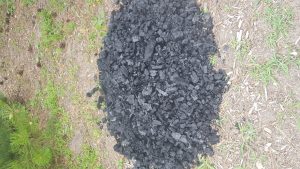 Another crucial method of slowing global warming is sequestering CO2 from fast-growing biomass into a finished product called biochar. This 2,000 year-old practice converts basic material such as manure, compost or agricultural/organic waste into a highly porous charcoal that helps soil to retain nutrients and water. A simple, yet powerful tool which has the potential to remove up to eight gigatons of carbon dioxide equivalent from the atmosphere every year.
While the world is barreling toward the limit warming of 2°C, in order to get on track, pivotal resources such as the forest must be conserved and reconstructed. By enabling local communities to sustain themselves without resorting to environmentally-devastating tactics of deforestation, we can create an incentive for perpetual growth. This will provide investors with a scalable strategy with differentiated access to impact and uncorrelated, diversified returns. Combating deforestation is the main pillar of the AlphaSource Climate Fund. On a global scale, the key to moving forward, toward a more sustainable future, lies within the forests.
Another crucial method of slowing global warming is sequestering CO2 from fast-growing biomass into a finished product called biochar. This 2,000 year-old practice converts basic material such as manure, compost or agricultural/organic waste into a highly porous charcoal that helps soil to retain nutrients and water. A simple, yet powerful tool which has the potential to remove up to eight gigatons of carbon dioxide equivalent from the atmosphere every year.
While the world is barreling toward the limit warming of 2°C, in order to get on track, pivotal resources such as the forest must be conserved and reconstructed. By enabling local communities to sustain themselves without resorting to environmentally-devastating tactics of deforestation, we can create an incentive for perpetual growth. This will provide investors with a scalable strategy with differentiated access to impact and uncorrelated, diversified returns. Combating deforestation is the main pillar of the AlphaSource Climate Fund. On a global scale, the key to moving forward, toward a more sustainable future, lies within the forests.


